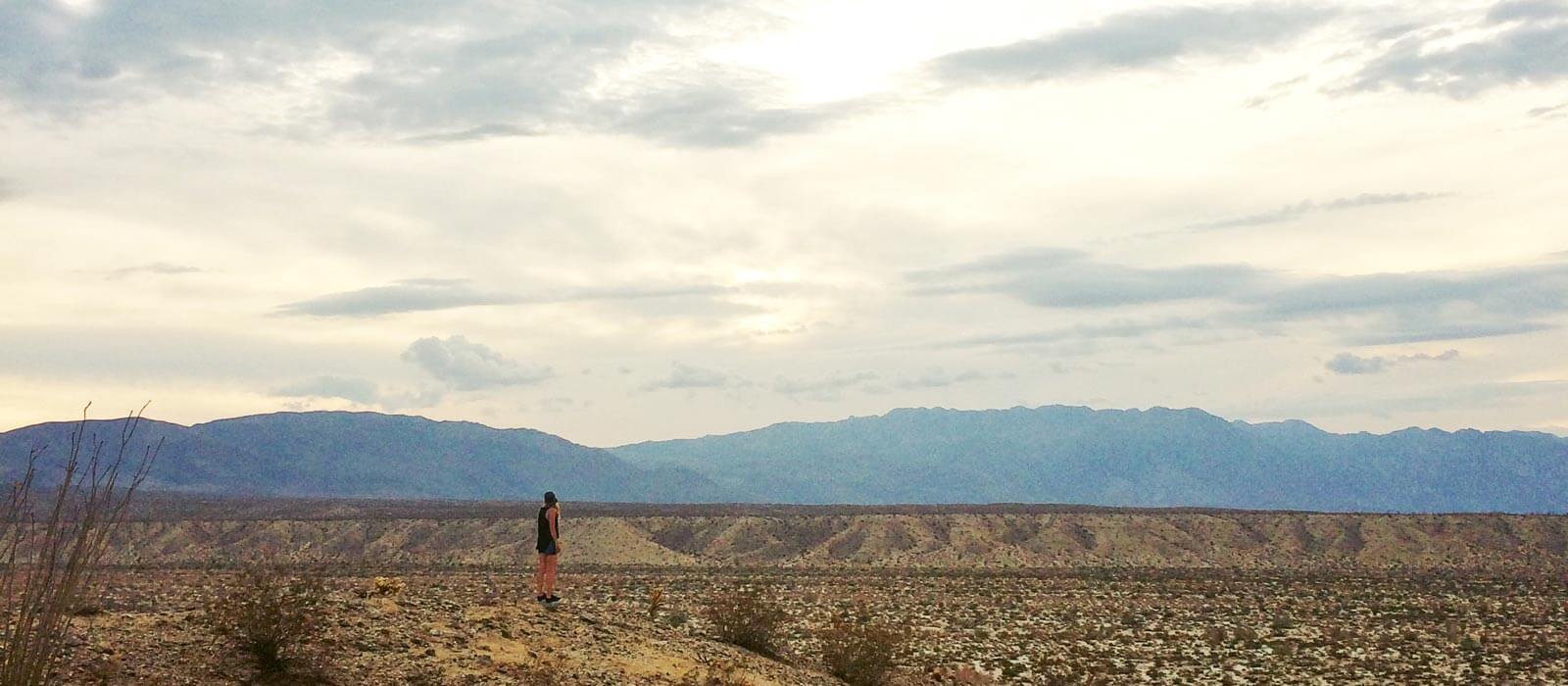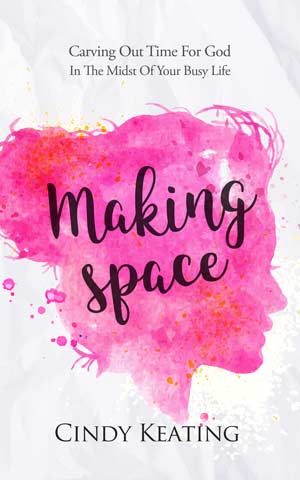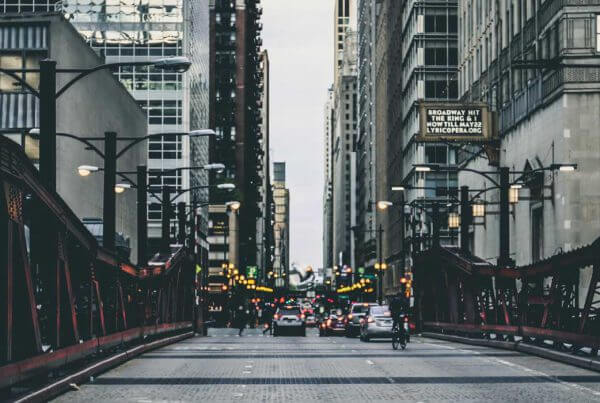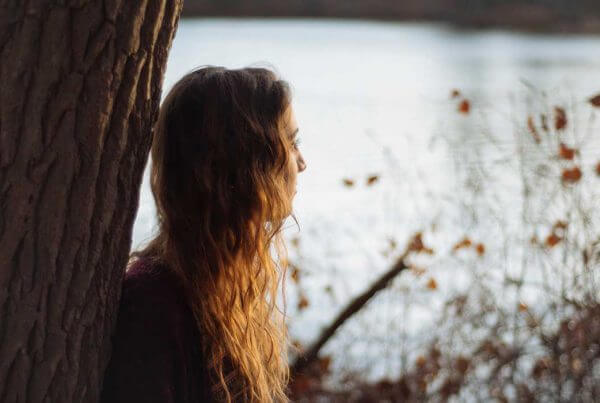The whole Robin Williams thing has taken the Internet by storm.
Everywhere I look I see something about his death. Either it’s a shock because he was such a funny guy and how could he possibly struggle with depression. Or, it’s not a surprise he struggled with depression because most funny people do. There are controversial articles about his suicide, a letter from his daughter, a letter to his daughter, a heated discussion about depression and faith, depression verses faith, depression working with faith, depression working against faith. Honestly, it goes on and on.
So let me clarify that this post has no aspiration to debate. This post is about depression, yes, but it’s also about genuine community, and the look of hope. What I will say and what I want to say is this: this is not just a Robin Williams thing.
On the outside she’s Miss Social Butterfly.
Funny.
Sweet.
Loveable.
Has the most thoughtful husband.
The most stunning home.
And her children look like the poster kids for a gap ad campaign.
Behind closed doors she struggles with a darkness that makes her question her life purpose and her worth every single day.
On the outside he’s Mr. Popularity.
Smart.
Sophisticated.
Compassionate.
Bleeding heart for the underdog.
A real go-getter.
Well-dressed.
Behind closed doors he’s teetering on the brink of a massive melt down. He’s barely holding on and can’t shake the heaviness.
The problem is not depression. The problem is that we see this topic through the eyes of the world.
We label. We judge. We assume. We define. We place everything through the filter of societal standard. Which means, rich people, famous people, good-looking people, popular people, cool people must have it all together – they couldn’t possibly struggle with something as heavy as depression.
We envy. We aspire. We hope. We long. We wish for everything that pop culture labels as important. Which means, we will only ever be worthwhile, our lives will only ever matter, our struggles will only ever be important if we stand on a stage, own a massive home, have ridiculously good looks, are famous and cool and have lots of money to prove all of the above.
It’s a sad thing. What has happened to Robin Williams, and what his family now have to deal with is truly sad. But we must not let the hype of this topic rise and fall with Robin Williams.
Depression is an on-going battle for many people.
This is not just a discussion for entertainment television, which is here today and gone tomorrow. This is not some weekly magazine headline, out on newsstands this week and sent to the recycle bin the next. For some people this is life. Real life. There are people struggling with this disease right in our very own backyards. Daily. They are slugging it out, desperately trying to hold their heads above water, and they feel all alone.
It could be your neighbour.
It could be a family member.
It could be a newcomer sitting right next to you in church this coming Sunday morning.
It could be you.
There are many Robin Williams in our close circles.
The question is: are we willing to be available to walk through these difficult struggles with people, or will we keep it at arms length and reduce it to nothing more than something we share as a good read on Facebook?
Will we discuss this tragedy in real-life conversation and admit it exists close to home, or will we downplay it to be nothing more than celebrity gossip and sweep all other possibilities under the rug?
People, if we don’t make ourselves available for such difficult discussions, these people will continue to feel alone. We must talk about these things. We must make ourselves open, and available, and vulnerable, and approachable. We must make it safe for people to share what it is they are truly feeling.
It we are to be the type of community the Bible asks us to be – which is the body of Christ – then this topic affects us all. If we are to be the type of Christians Jesus requires of us, then we must lose all forms of judgment and be His hands extended – hands that are full of grace, and mercy, and love, and gentleness, and kindness, and goodness.
But this kind of community is only possible if we see the world the way Jesus sees it.
All of us have fallen short.
All of us are broken.
All of us are flawed.
All of us are in need of a Saviour.
None of us has life figured out.
None of us has everything all together.
None of us is perfect and flawless or in any sort of position to pass judgment on anyone going through anything.
The look of depression in genuine community is about hope.
Hope to carry on.
Hope to not feel alone.
Hope to know you are loved.
Hope to understand you have people willing to help you bear the load.
Hope that someone will listen, care, love, and walk right along-side you.
More importantly, you have people willing to remind you that your hope is found in the one who will never leave you nor forsake you – and that’s an unshakeable kind of hope.
I leave you with something my friend posted to her Facebook wall just the other day. I thought it was so beautiful that I asked her if I could share it to my Facebook page.
We’re all in this thing called life, and it’s awfully hard sometimes. Awfully broken. Sometimes those who do the most for others, who bring joy to so many, don’t know how to grasp that joy in their own lives. I just feel that we all come dangerously close to this precipice of despair at times – that dark night of the soul when there seems to be little hope. If you’re there today, for whatever reason, here’s a suggestion: TELL SOMEONE. We all come to this place in life where we need something or someone to pull us out. When the darkness seems too much to bear, shine a light on it by exposing it. Don’t try to do it alone. We all need one another.
~Julie Rohr




